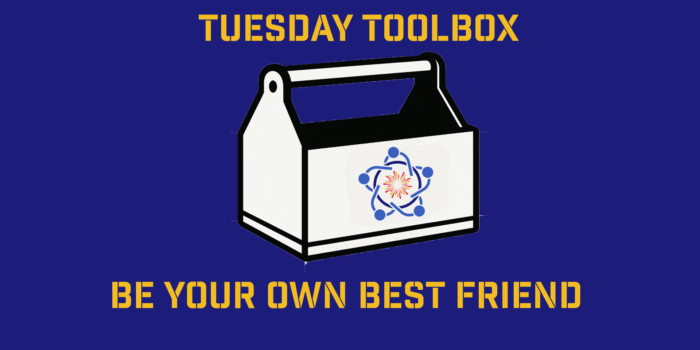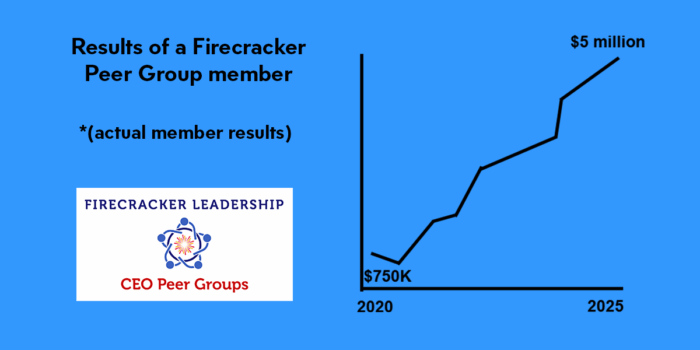My Wednesday Wish for You: To Be Your Own Best Friend We often push ourselves harder than anyone else ever…
Best implies you’ve arrived. How do you act knowing you haven’t?
Almost everyone is thinking about the future of work and the new tools businesses will use. But less thought is given to the tools and strategies they’ll stop using.
Adam Grant hopes the concept of “best practices” will be on the list. The term used to describe a preferred method of performing a given task or procedure can be limiting, says the organizational psychologist, who was speaking at an American Express Business Class Live conference earlier this month.
The moment an organization calls a practice “best,” they’re creating an illusion that they’ve reached an endpoint where there’s nothing left to top, Grant says. The bestselling author expressed concern that using this term leads people to stop looking for ways to improve the best practice itself.
“What scares me about that is that many of our best practices were built for a world that does not exist anymore,” Grant explains. “And as the landscape of work becomes more dynamic, more unstable and more unpredictable, instead of sticking to our old best practices, we need to be constantly searching for better practices.”
For example, Grant is surprised to see relatively few organizations replace group brainstorming with individual brain writing. Research has shown that brainstorming groups tend to produce fewer ideas that are less novel, compared with those who come up with ideas by themselves.

Adam Grant speaks at the Amex Business Class Live event.Photo: Courtesy American Express
When groups convene, many fall victim to fear of judgment or production blocking, which can lead to convergent thinking rather than divergent thinking. So, in other words, in the latter type of thinking people tend to get behind a single idea, and in the former, multiple ideas may flourish. That problem compounds for those who lack power and status within a meeting, whether that’s the most junior person in the room, a sole woman or person of color, or an introvert in a room full of extroverts.
“The workaround for this research is to basically give people the problem or the decision in advance, let them write down their ideas, and collect them to get more ideas and better ideas that way, and then you can bring in the wisdom of crowds to evaluate and refine,” Grant says.



